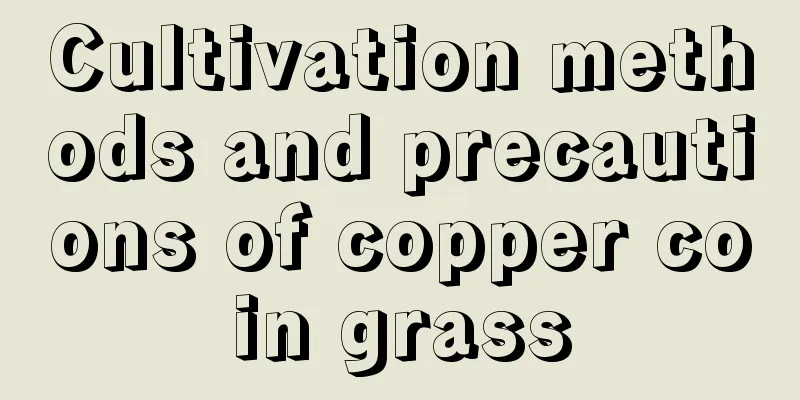What are the cultivation methods and precautions of chicken heart vine

Cultivation method of Millettia reticulataMillettia reticulata is a perennial vine plant of the Leguminosae family. The commonly used propagation methods of Millettia reticulata include sowing, division and cutting. Millettia grows wild in valley forests and mountain bushes. It prefers a warm growing environment and the suitable growth temperature is between 20-30 degrees. It does not require much light and has good shade tolerance. The soil should preferably be loose, fertile, well-drained mountain soil or leaf mold. Millettia has a wide adaptability to soil and can grow in ordinary soil. However, it will grow more vigorously in soil that is breathable, well-drained, and rich in organic matter. Especially for potted cultivation, it is recommended to choose good quality soil. It has very poor cold resistance and needs to be moved indoors for maintenance in winter. Watering methodGenerally, it is enough to water the Cistanche deserticola once every two days. When the temperature is above 30 degrees in summer, the frequency can be increased. You can water it in the morning and evening. Keep it moisturizing so that the plant can absorb enough water so that it can grow faster. Fertilization methodMillettia requires fertilizer during the growth period, but not much. Generally, once every half a month is enough. The concentration of fertilizer needs to be controlled at a lower level. In order to prevent fertilizer damage, you can also water it after fertilizing, which is more conducive to plant absorption. Pruning methodsThe sprouting ability of Cistanche is too strong, so we also need to prune it. After autumn, we can prune and clean up the branches that grow too densely or are old. This will make the Cistanche more light-transmissive. Precautions for the cultivation of Millettia reticulataChicken blood vine is prone to root rot in a high temperature and high humidity environment, which can be treated with carbendazim. It is not cold-resistant and needs to be moved indoors for maintenance in winter. If it is planted in the ground, you can build a cold-proof shed or cover it with straw, so that it can safely overwinter. |
<<: What are the cultivation methods and precautions for hydrangea
>>: What are the methods and precautions for cultivating the lucky Buddha's hand?
Recommend
What are the Feng Shui considerations for growing flowers in the bedroom
Principles of growing flowers in the bedroom The ...
Cultivation methods and precautions of large-leaf umbrella
1. Breeding methods 1. Soil: The big-leaf umbrell...
What kind of water is best for camellia to grow more vigorously (potassium dihydrogen phosphate is used to water camellia to grow more vigorously)
What kind of water should be used to water camell...
Cultivation methods and precautions of Ruyi flower
The Ruyi flower is very easy to grow. It has fles...
When is the best time to prune a cherry tree?
Pruning of cherry trees For cherry trees, you can...
How to prune Oncidium
Before pruning Does the newly bought Oncidium nee...
When is the best month to plant aloe vera?
Aloe vera sowing time Aloe vera is an evergreen h...
The efficacy and function of blueberries
The efficacy and function of blueberries 1. Prote...
How long is the growing period for broccoli?
How long is the growing period for broccoli? The ...
Cultivation methods and precautions of red pear
1. Maintenance methods 1. Soil: Red pear is suita...
Advantages and disadvantages of Shakespeare roses What are the characteristics of Shakespeare roses
The color of Shakespeare rose is quite special am...
How to shape and prune trumpet creeper
When to prune trumpet creeper The pruning of trum...
How long does it take for succulents to sprout after being beheaded?
1. How long will it take for the buds to burst? S...
Do soybeans prefer shade or sun?
Do soybeans prefer shade or sun? Soybeans are eas...
What fertilizer is best for succulents?
1. Organic fertilizer It is usually some fertiliz...









